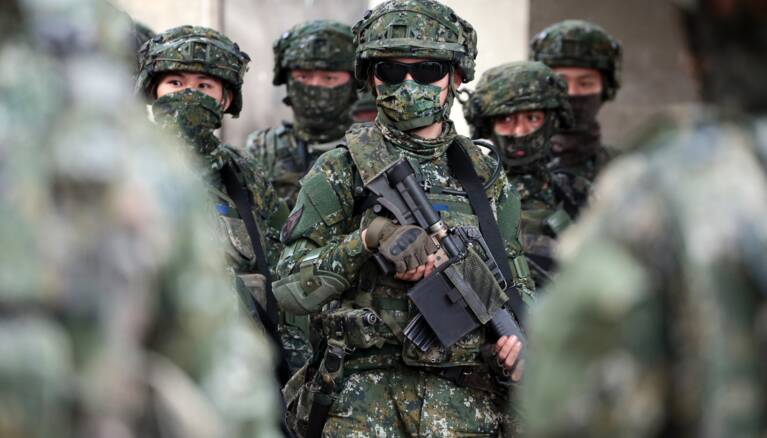
You cannot understand Donald Trump's foreign policy decisions — notably his pronouncements on Greenland, Panama, and Canada — unless you recognize the danger that China's government represents, as much to the rest of the world as to America.
In that perspective, there has been a threat that has not been recognized enough, whether by Western media outlets or by the countries that have signed various agreements with Beijing.
The subject that has been covered, rather fully, has been the Chinese communist threat to its immediate neighbors, as well as the People's Army (or the People's Navy, rather) building military bases, indeed entire islands, in the China Sea.

As China threatens Taiwan and Japan, while redrawing geographical maps (notably with regards to India and Russia) and while writing the era of Britain's colony of Hong Kong out of Chinese history books, the country of Hua Mulan has been engaged in entering into agreements with countries all over the world that turn out to be a Trojan Horse for penetrating a country's economy.

With regards to Greenland and Panama, we get to a much less known aspect of Beijing's policies and diplomacy. Here, we turn to Trump's Call to Denmark's Prime Minister Left Her Like a James Bond Martini, in which streiff gives more details about
China's "elite capture" strategy
aka the Belt and Road Initiative (BRI). The Action Plan on the Belt and Road Initiative published by the State Council of the People Republic of China
Beijing approaches a country with limited resources — mainly, but not uniquely, in Asia and Africa — and offers them very good deals with regards to investments. When the country cannot pay its bills, the offer turns out to be a Trojan Horse with Beijing taking over all or part of a city's infrastructure.
(It's not only cities and port terminals. Here, streiff mentions other "benefits" in the "concerted Chinese effort to establish control (such as Vitkor [sic] Orban's Hungary allow[ing] uniformed Chinese police in Budapest" while The Economist's Telegram mentions "Peru, which … has allowed Chinese state companies
to acquire a monopoly on the electricity supply to the capital, Lima.")
Mainly, it's about achieving control in urban centers and especially city harbors, such as the Chinese warships [docked] at a Cambodia military base. Or China's recent foray into
Sri Lanka, which is Beijing's first harbor in the Indian Ocean, in addition to managing to pull off international shaming tactics to push the UK to hand over to Mauritius the Chagos Archipelago further West, with the USA's Diego Garcia airbase.
With regards to Europe, Xi Jinping is also present in such European ports as Genoa and Trieste (among other Italian coast cities). As for the management of the Panama Canal, it is by a Hong Kong firm at the core of China’s Geostrategic Approach to Europe (by Francesca Ghiretti):
Geographically, Chinese companies have made acquisitions of terminals all over Europe, covering 15 ports and seven EU member states. Chinese companies are present in the ports of Greece (port of Piraeus and of Thessaloniki), Malta (Malta Freeport Terminal), Italy (Vado Reefer Terminal), Spain (CSP Bilbao Terminal and CSP Valencia Terminal), France (Terminal de France and Terminal Nord, Terminal du Grand Ouest and Terminal de Méditerranée), Belgium (Terminal des Flandres, CSP Zeebrigge Terminal, Antwerp Gateway), the Netherlands (Euromax Terminal and Rotterdam World Gateway), and Germany (Tollerort Terminal in Hamburg).
Check out the CFR for Tracking China’s Control of Overseas Ports
The China Overseas Ports interactive visualizes degrees of China’s overseas port ownership by types of investment across regions and time. It also evaluates the dual-use (commercial and military) potential of ports owned, constructed, or operated by Chinese entities. The database supporting this interactive includes 129 port projects of which Chinese entities have acquired varied equity ownership or operational stakes.
In From Greenland to Panama and Mexico, leaders are in shock due to the Trump decisions, The Economist reports that
The canal is part of a bigger piece of real estate that Mr Trump is eyeing. He wants to influence territory and infrastructure close to the United States. He views Mexico as a source of unwanted migration, drugs and Chinese goods, Canada as a liberal dystopia and Greenland as a weak link.
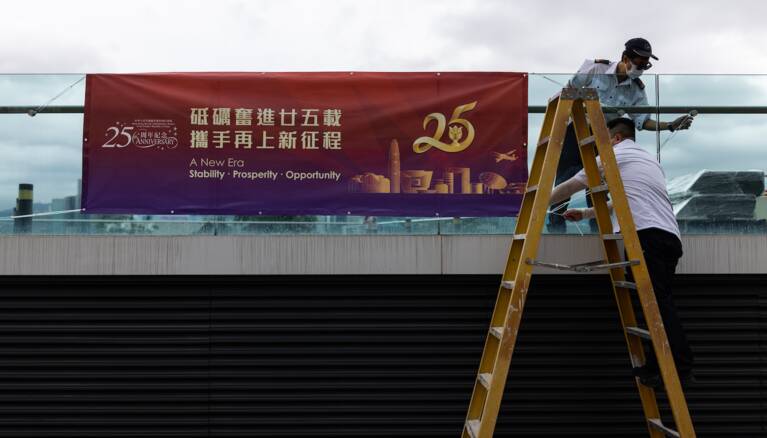
More specifically to Denmark, the Chinese Communist Party has certainly attempted to access Greenland and the Faeroe Islands, as well as perhaps other Danish harbors in the Scandinavian country proper. The Economist writes that China and Russia have chilling plans for the Arctic:
China’s Arctic silk-road project, unveiled in 2017 [or the] “silk road on ice” (as China calls its polar transportation plan in Chinese) would become a “new platform” for the Belt and Road Initiative, it said, referring to the country’s spree of port, railway, road and other infrastructure-building around the world.The weekly's Telegram adds that
Chinese ambitions to develop a port near Antarctica were “appalling” to America, [Carlos Ruckauf, a former Argentine vice-president and foreign minister] says. China’s space-peering radar station is a “very hard” problem because it is governed by a bilateral treaty.
… [Already, Beijing is responsible for] Chancay, a Chinese-built and controlled port in Peru, which will be the largest and deepest on South America’s Pacific coast.
It is a new Chinese Megaport referred to as China’s gateway to South America. Moreover, adds The Economist,
Peru, which, besides Chancay port, has allowed Chinese state companies to acquire a monopoly on the electricity supply to the capital, Lima.
Regarding Greenland, the London weekly points out that
Mr Trump’s allies point to China’s “Polar Silk Road”, a spree of infrastructure-building in the Arctic, as a threat … It is undeniable that Greenland is important to America’s national security. The shortest route for Russian nuclear missiles to reach America’s east coast goes right over the island: Pituffik Space Base in the territory’s north-west hosts part of America’s missile-early-warning system. The so-called Greenland-Iceland-United Kingdom gap plays a central role in the high-stakes submarine contest between NATO members and Russia. … An independent Greenland could be vulnerable to coercion and be an unreliable ally.Let a military specialist have the last word.
Why do small Pacific islands matter?
asks Austin Bay in his article about waging Diplomatic War in the Central and South Pacific.
Chinese military aircraft and navy warships need forward bases beyond the First Island Chain (Japan, Taiwan and the Philippines).
The new bases also provide the People's Liberation Army with missile launch sites. The closer missile launchers are to U.S. bases such as Pearl Harbor, San Diego and Puget Sound, the better, from Beijing's perspective. All the better for cowing the U.S. Navy.
Saipan, Palau, Truk Atoll. They were valuable islands in 1942. Many American citizens, victims of bad schools and leftist teachers, have never heard of these World War II battlegrounds. But controlling them or denying Japan use of these and other islands led to Japan's defeat. For the record, Japan used Saipan as a base for attacking Guam.
In 2023, the hearts and minds of people living in these islands matter. In these small nations, (and that's the current political configuration, nations and confederations) they are vulnerable to the suite of tricks that serves Beijing well in Europe and Washington. The wallets of agents of influence -- diplomatic slang for politicians and media operatives accepting bribes -- are a classic means of first obtaining a weather station, then fishing rights, then naval anchorage rights, then a navy base. After the navy base: a missile launch site.
The process I describe isn't theory. In spring 2022, a leaked document indicated that China had reached an agreement with the Solomon Islands that would give it the right to make naval ship visits and send soldiers or police to train and (according to one source) "maintain order."
Maintain Order: that's Beijing-speak for taking control when the moment is ripe.
Related: • The Systematic Destruction of Denmark's Military Over 30 Years: "Ships that cannot sail; Planes that cannot fly; And cannons that cannot fire — Everything is missing"
• Avoiding the NATO Burden: "Denmark has made the skill of tricking the US into an art" Writes Danish Editor; "Denmark Deserves No Respect from America"
UPDATE: NOT SO DELUSIONAL — The Donroe Doctrine and Beijing's "Polar Silk Road": Last Month, a Report by None Other than Danish Intelligence Itself Warned About the Russian and Chinese Threat to Greenland and the Arctic


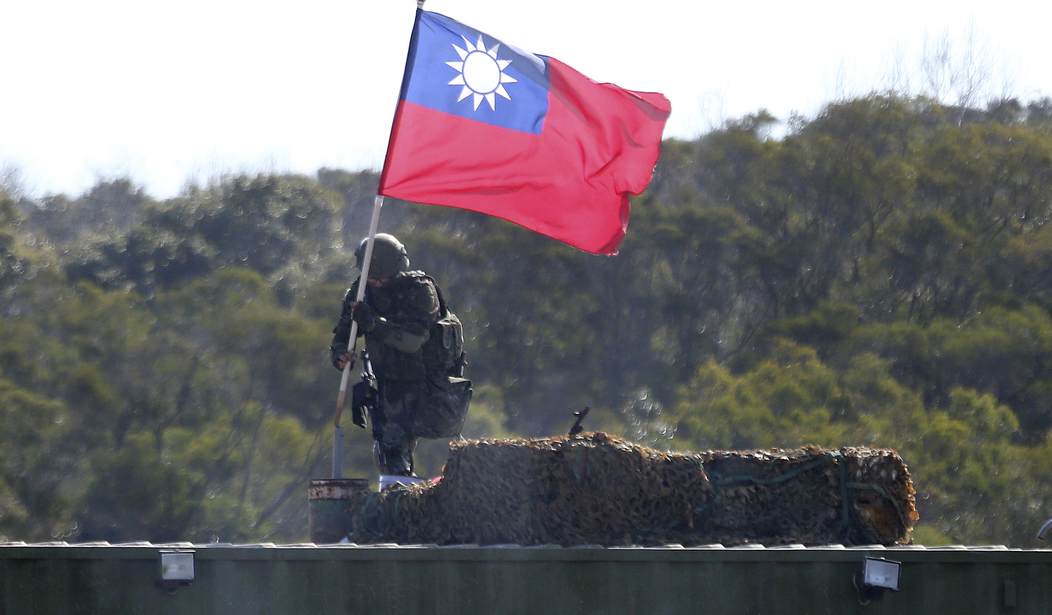
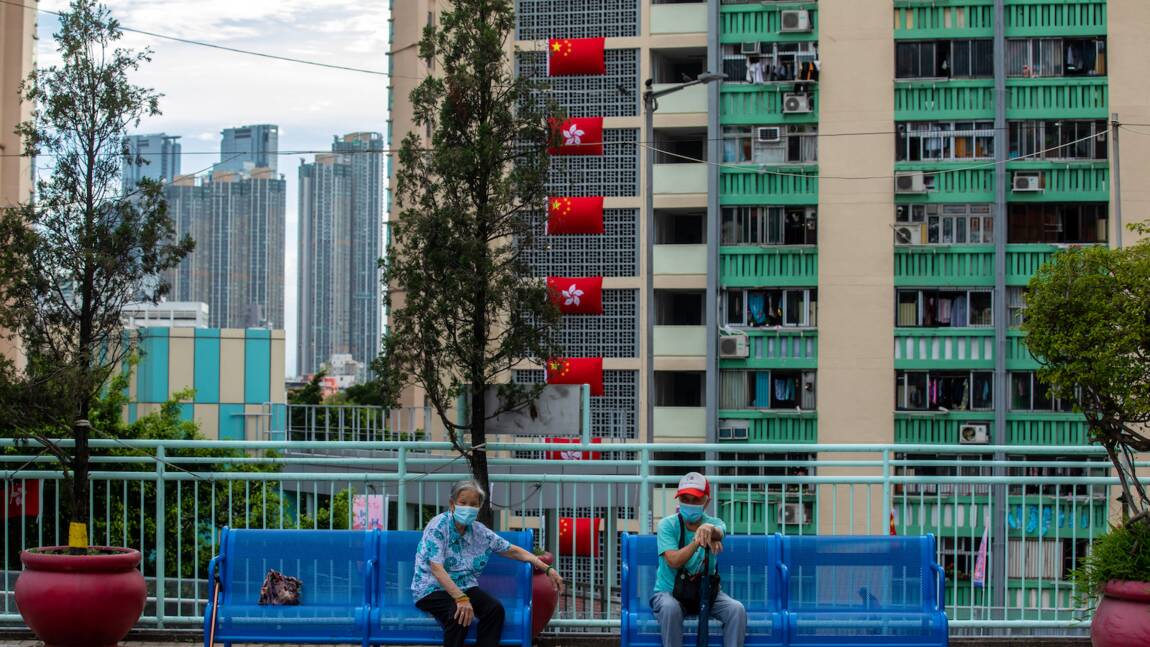
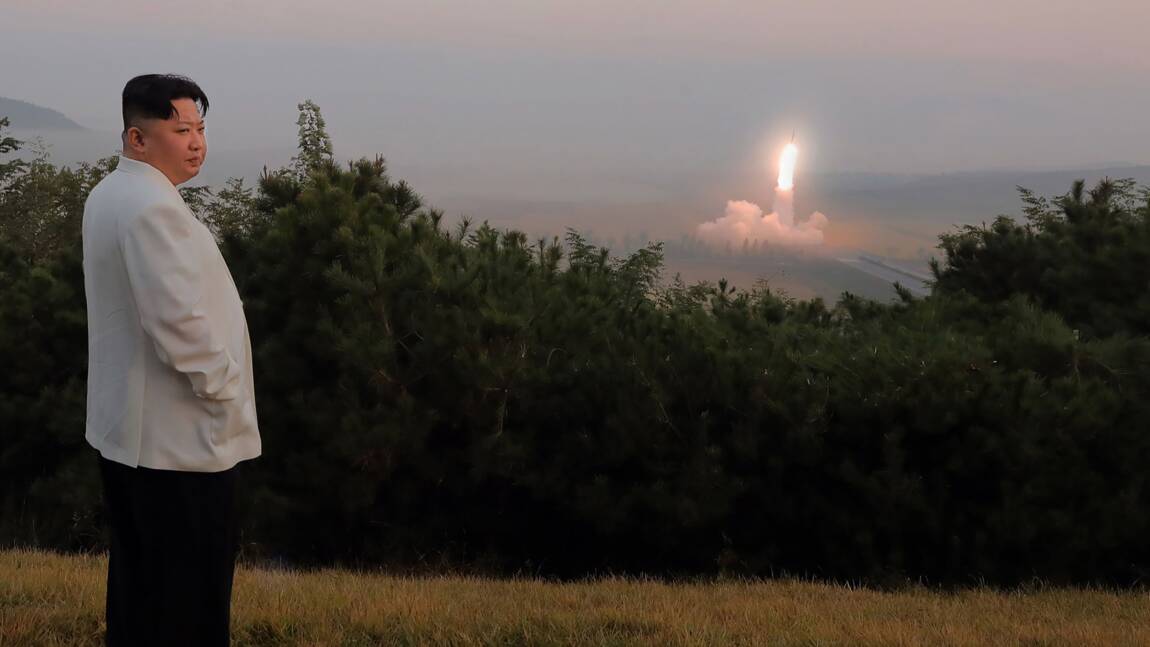
No comments:
Post a Comment